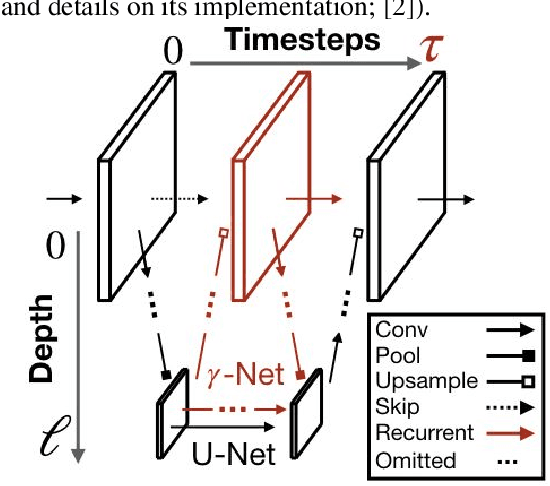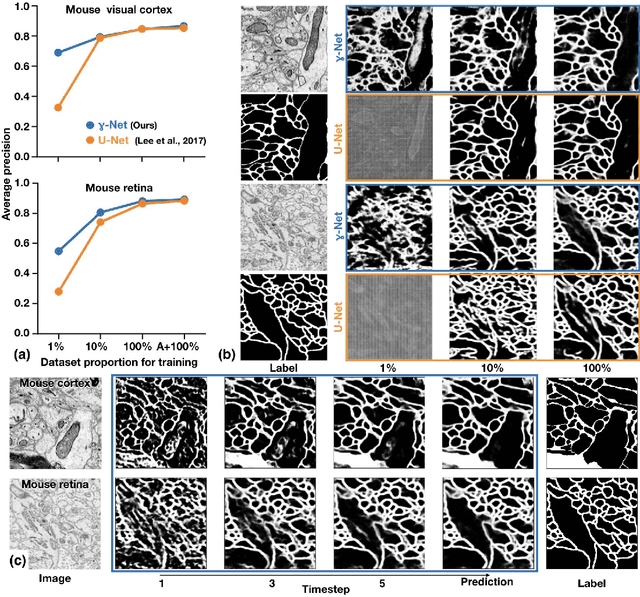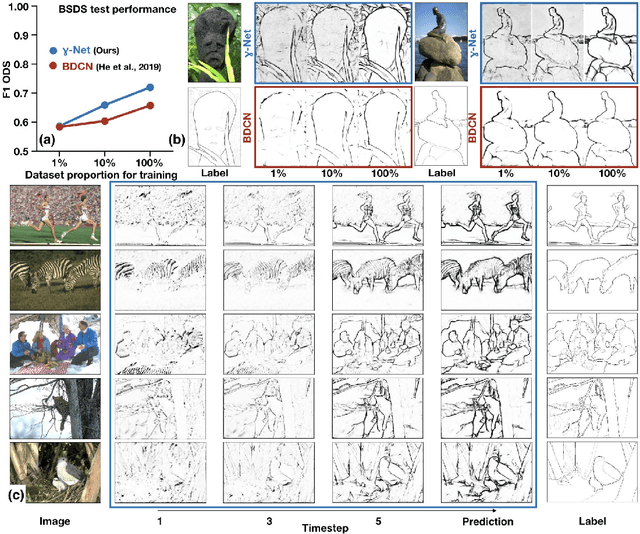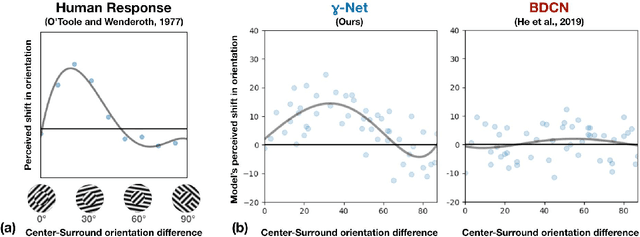David Berson
Robust neural circuit reconstruction from serial electron microscopy with convolutional recurrent networks
Nov 28, 2018



Abstract:Recent successes in deep learning have started to impact neuroscience. Of particular significance are claims that current segmentation algorithms achieve "super-human" accuracy in an area known as connectomics. However, as we will show, these algorithms do not effectively generalize beyond the particular source and brain tissues used for training -- severely limiting their usability by the broader neuroscience community. To fill this gap, we describe a novel connectomics challenge for source- and tissue-agnostic reconstruction of neurons (STAR), which favors broad generalization over fitting specific datasets. We first demonstrate that current state-of-the-art approaches to neuron segmentation perform poorly on the challenge. We further describe a novel convolutional recurrent neural network module that combines short-range horizontal connections within a processing stage and long-range top-down connections between stages. The resulting architecture establishes the state of the art on the STAR challenge and represents a significant step towards widely usable and fully-automated connectomics analysis.
 Add to Chrome
Add to Chrome Add to Firefox
Add to Firefox Add to Edge
Add to Edge